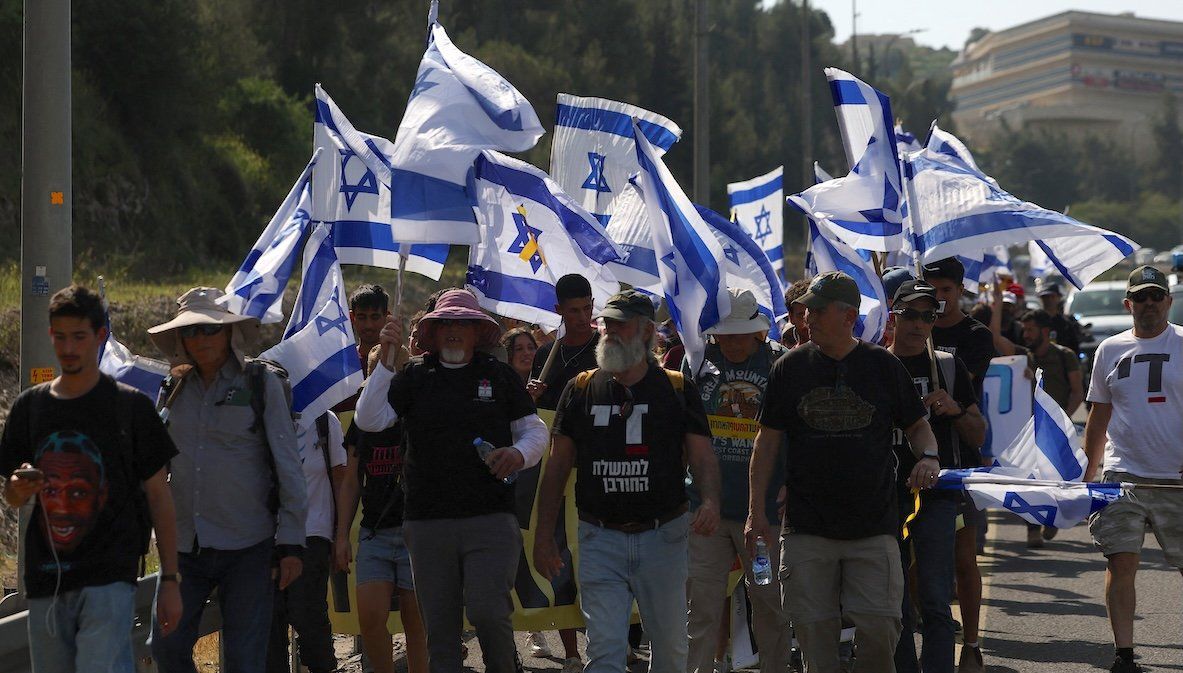The party of far-right Israeli politician and former National Security Minister Itamar Ben Gvir has rejoined Prime Minister Benjamin Netanyahu’s government following renewed Israeli attacks on Gaza.
Ben Gvir withdrew his Jewish Power party from the governing coalition in January over the negotiating of the ceasefire. At the time, he expressed a willingness to return to the coalition should Israel resume fighting; true to his word, Jewish Power reunited with Netanyahu’s Likud and several smaller right-wing parties on Tuesday, strengthening Netanyahu’s coalition.
The attacks, which started early Tuesday with widespread bombings and ended the ceasefire in place since Jan. 19, have already killed more than 400 Palestinians, according to the Hamas-run health ministry. Mediators from Israel and Hamas, as well as the US, Egypt, and Qatar, attempted to negotiate a second phase of the ceasefire, which was supposed to see Hamas return more hostages in exchange for Israel’s complete troop withdrawal from Gaza. But during the talks, Israel made it clear it hoped instead to extend the first phase to get more hostages back while still keeping troops in place.
The timing, according to Eurasia Group’s Managing Director for Middle East & North Africa Firas Maksad, coincides with Wednesday’s discussion of the 2025 budget by Israel’s Knesset Finance Committee.“Netanyahu has a very fragile government coalition, and an inability to see that budget through by March 31 would mean the collapse of the coalition and having to go to early elections.”
If Netanyahu lost his position, he would have less protection and ability to shape the outcome of his ongoing corruption trial.
“Having Ben Gvir back under the tent gives [Netanyahu] a lot more breathing room and flexibility,” Maksad said.
But the renewed military operations are disastrous for Gazans – who have seen
humanitarian aid blocked for two weeks – and for the families of Israel’s remaining hostages.
